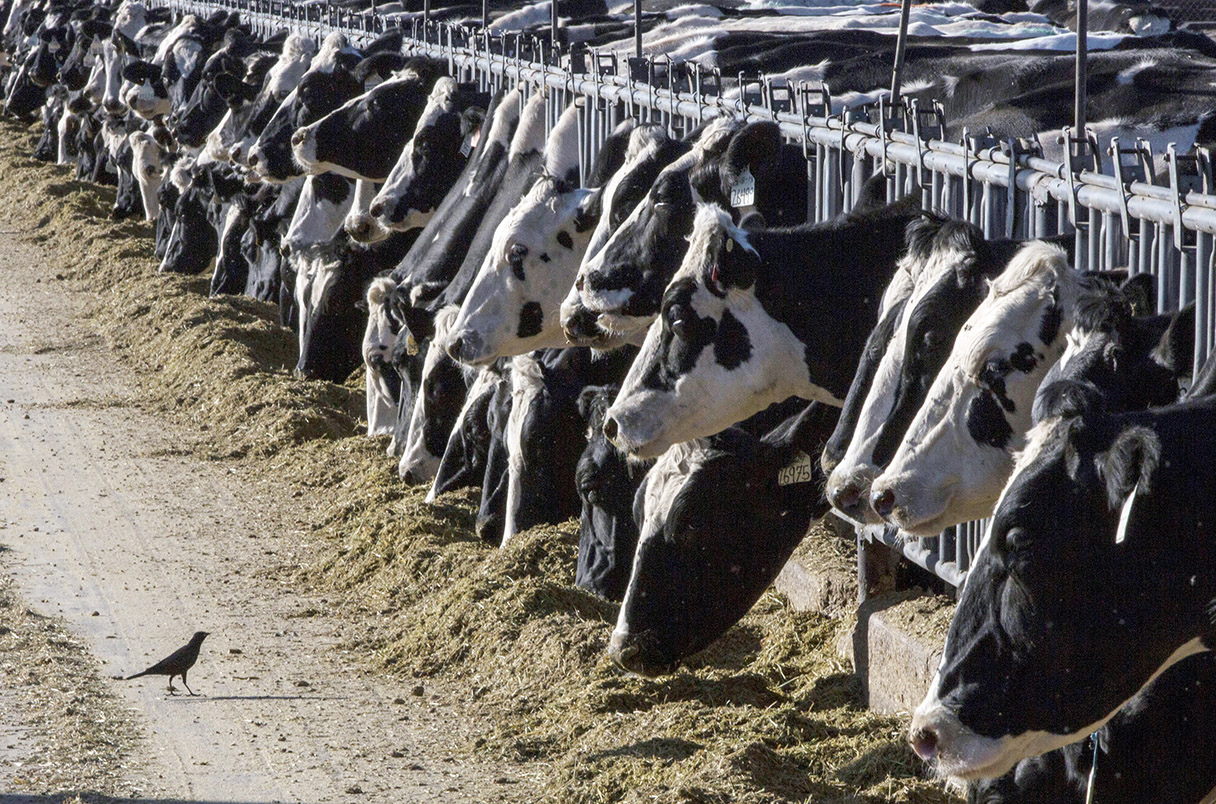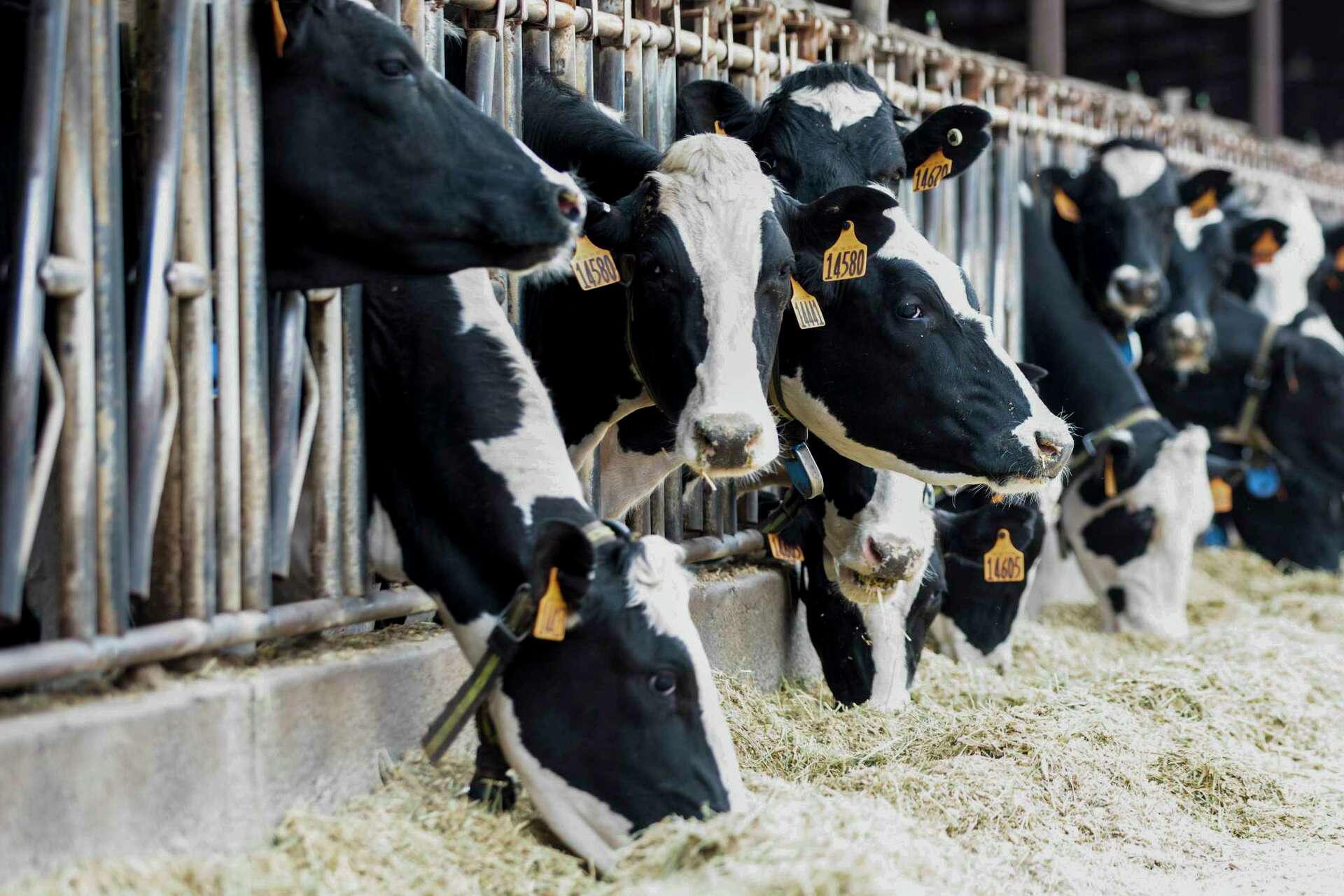The California Department of Food and Agriculture announced an investigation into the possible introduction of the H5N1 bird flu virus in cattle at three dairy farms in the Central Valley, which would be the first known cases in the state.
Testing is currently being conducted in the state’s veterinary diagnostic lab, but the U.S. Department of Agriculture (USDA) has yet to confirm these outbreaks. If confirmed, California would be the 14th state to report H5N1 infections in dairy cows.
California, the leading milk producer in the U.S., has approximately 1.7 million dairy cows, mostly located in the San Joaquin Valley. Despite the large scale of operations and stringent biosecurity measures, including bleaching trailers and limiting workers to specific herds, experts had anticipated the possibility of H5N1 spreading to California due to the overall inadequate national response to the outbreak.
The spread of the virus in other states, such as Colorado and Michigan, has been exacerbated by biosecurity challenges, with infections spilling over from dairy farms to poultry sites.
If confirmed, California would be the first new state to report H5N1 in dairy cows since Wyoming did so in June. The recent confirmations in Oklahoma were delayed, as the samples were collected in April but not tested until after the USDA began compensating farmers for lost milk production.

The USDA has initiated a $824 million program to enhance testing and surveillance for bird flu on dairy farms, including a voluntary pilot program that tests bulk milk tanks weekly. However, participation in these programs has been limited, with only 33 herds being regularly monitored nationwide.
There are concerns about the adequacy of testing in California, with officials remaining tight-lipped about the extent of testing conducted since the outbreak began in March.
Colorado, which leads the nation in reported herds, has mandated weekly milk sample testing, which has proven effective in identifying and containing the virus early. This has allowed for more accurate tracking of the virus and early isolation of infected animals.
Research from Colorado State University and Iowa State University indicates that the virus can be detected in bulk milk tanks 14 to 16 days before symptoms appear, highlighting the importance of early testing.
However, few states have followed Colorado’s lead, and most are leaving the decision to test up to individual farmers. Iowa has implemented limited surveillance near infected poultry operations, while states like Minnesota and Wisconsin require testing before showing cattle at fairs.
The USDA has acknowledged the value of Colorado’s testing mandate but has not implemented a national requirement, leaving testing decisions up to each state.
Experts like Keith Poulsen from the University of Wisconsin-Madison argue that the lack of a coordinated national testing effort is a missed opportunity to protect both animal and human health. He expressed frustration that the infrastructure to respond to such outbreaks exists but is not being fully utilized.
